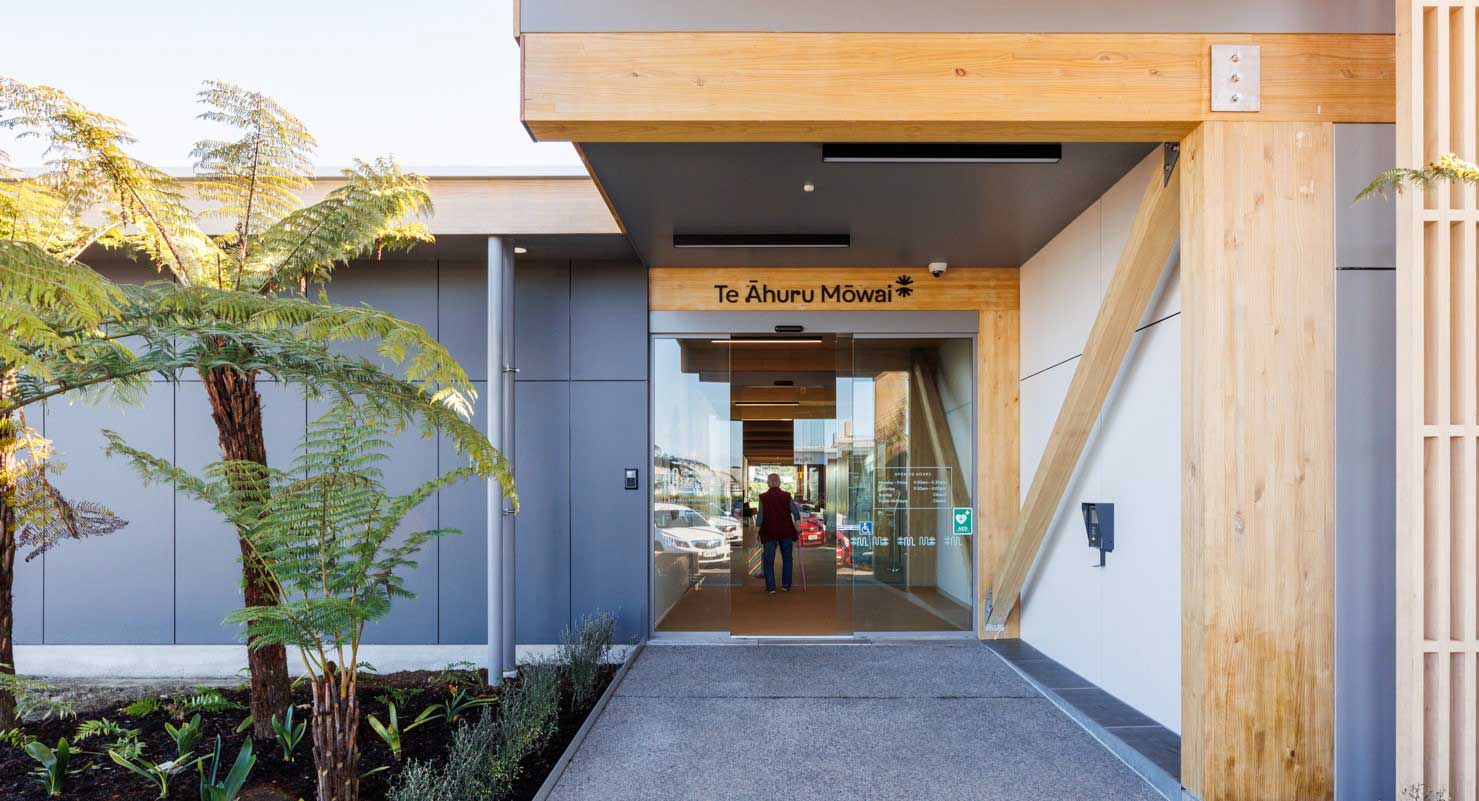
Challenge
Solution
Result
flex AMH™ makes returning and sorting easier than ever before
The Richmond Hill Public Library system in Ontario, Canada serves a population of more than 200,000 Richmond Hill residents through four branches. Its 60,000-square foot Central Library was built in 1993. In 2005, the system converted its collection to RFID and two years later installed an automated materials handling solution. After nearly 10 years, the library knew it was time to replace the system in preparation for the fully automated patron return system they will be implementing next year.
Use Now, Use Later
When the Central Library was built 24 years ago, it was outfitted with a conveyor belt system that shuttled materials from the check-in desk to the back room of the building where the materials were sorted by hand. Though the library upgraded to an AMH sorter in 2006, the original conveyor belt is still in use. When patrons drop their returned items into the slots in the old check-in desk, the conveyor belt moves the items through the library until they are dropped into a bin. The staff then manually unloads these bins and feeds the materials into the sorter.
Next year, the library will be installing a Bibliotheca automated patron return and a new conveyor system which will fully automate the return process, but the library needed a new sorter now. After ten years, the old sorter was nearing the end of its useful life, and spare parts were difficult to source. The challenge for Richmond Hill Public Library was finding a solution that fit their needs today while being flexible enough to meet the needs of the near future. With its modular design and endless configuration options, the new flex AMH™ fit the bill perfectly.
A Lego-Like Library Solution
flex AMH is a modular solution that allows libraries to configure the system however they choose, effectively building their own custom solution at a cost-effective price point. Components can be added and rearranged as a library’s needs change, and the entire system can be installed or moved in remarkably little time.
“The flex AMH was delivered Monday morning, and by 4:30 in the afternoon the entire 17-bin system was assembled and installed,” said Dianne McLeod, Manager of Technologies – Digital Services. “After it was set up, we realized that we needed to move it away from the wall a few inches to allow for more flexible movement of the bins. It took only an hour for the system to be dismantled, moved and put back together. It was a bit like watching Legos being fitted together.”
The modular design also makes servicing the flex AMH a breeze. Should a repair or replacement of an individual component be required, there is no need to dismantle the entire system. Everything was designed for quick access and easy support, ensuring systems continue to help with the flow of daily material handling.
Quieter, Faster, Better
With a performance sorting speed of up to 2,400 items per hour, the new Bibliotheca flex AMH processes materials faster than ever before, allowing libraries to get materials back on the shelves in record time. What’s more, it’s quieter than ever too.
“The flex AMH is located in a room right off our open lobby. As I come down the staircases into the lobby, I can’t even hear the sorter until I get right next to it. That was not the case the with the old sorter, you could always hear it,” says McLeod.
Works with Existing Bins
Though Richmond Hill Public Library needed a new sorter, their bins were still in great shape. The new flex AMH accommodates the old bins with no need for replacement or modification. Since Central Library operates a 17-bin sorter, this detail represented a large cost-savings for the library. The staff was delighted to discover that not only did the old bins fit the new sorter, they actually fit better than before.
“Our old sorter had partitions underneath, and the bins had to be lined up just so in order to slide into place. The new sorter doesn’t have those partitions, and it makes it much easier for staff to slide the bins in and out quickly,” says McLeod.
Configurable Software
The physical components aren’t the only thing that can be configured on the new flex AMH. After watching the installers configure the sorter’s software, McLeod felt confident enough to try her hand at it too.
“We realized we’d configured two different groups to drop into the same bin. After the installers left, I was able to go in myself and modify the configuration easily, making it quicker and easier for us to maintain ourselves,” says McLeod.
The Future of Richmond Hill Public Library
Central Library will be upgrading to an induction system for patron returns next year, as well as bringing on a new conveyor system to replace the belts that have been in place since the branch was founded. The branch already has two selfCheck 1000 kiosks on hand, and they will be on the floor in the coming weeks.
In the meantime, the Library is busy building a brand-new building for its Oak Ridges branch. “Oak Ridges has historically been housed in rented space,” says McLeod. “It was supposed to be a temporary home, but the library has been there for 26 years! We’re looking forward to meeting the growing needs of our community with a brand new, state-of-the-art 19,000-square foot facility.”
The new building will be outfitted with a bibliotheca flex AMH sorter as well as selfCheck 1000s. Staff hopes to begin moving the collection into the new space in January 2018, with a goal of opening to the public in the spring.
You may also like
Insights + Trends

Groundbreaking access: open+ in Manawatū Community Hub Libraries, New Zealand
Extended library access that is highly-used and applauded by the community.

Self-service by the sea: selfCheck 500 in Kaipara District Libraries, New Zealand
Refresh a branch using modern library self-service technology, utilise selfCheck 500 to help the tiny library team streamline workflow

Access abounds in Australia:
Blue Mountains Library
Discover how Blue Mountains Library in Australia transformed its services with RFID technology, connecting remote communities and enhancing access to essential resources during disasters.


